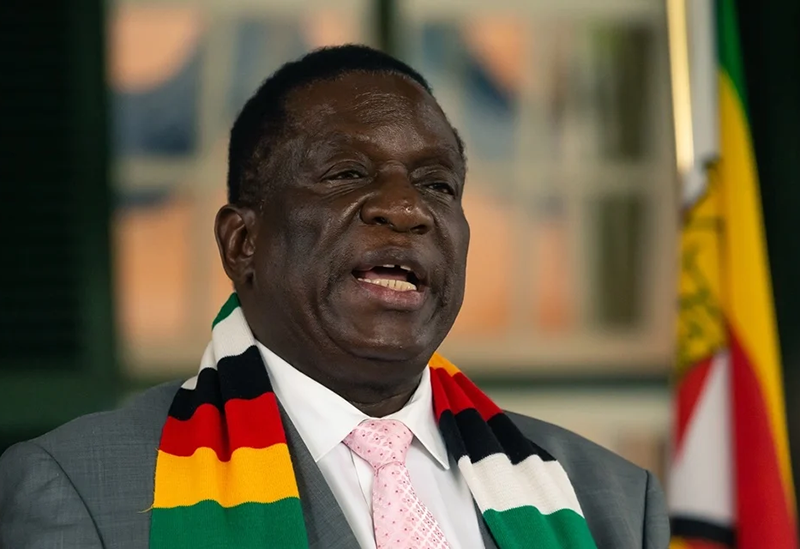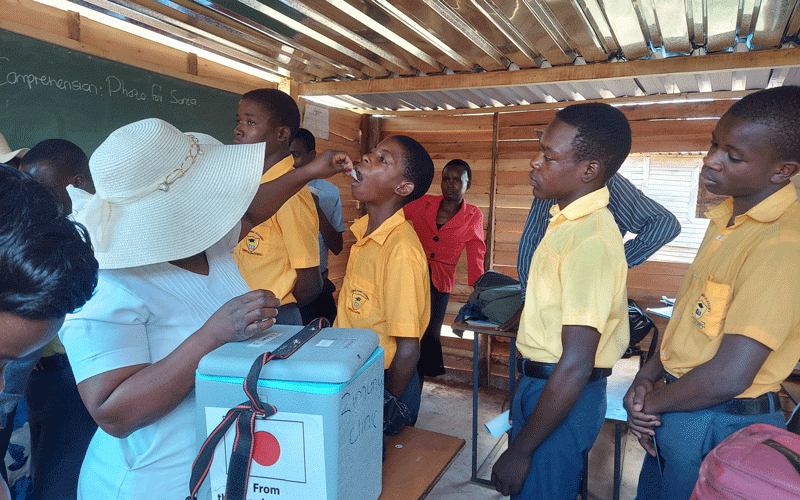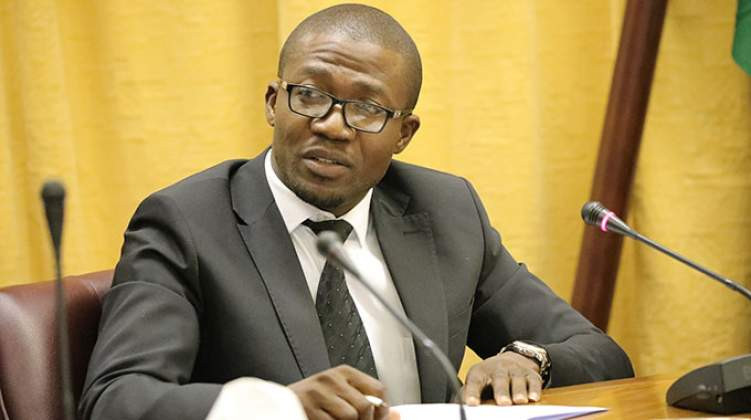TREASURY will collect US$46 million in sugar tax from Delta Corporation Limited, raising the cost structure of the country’s largest beverage maker and listed firm, it has been revealed.
The sugar tax, which has piled costs on beverages manufacturers, came into effect this year in line with proposals made in the 2024 National Budget statement presented last November by Finance minister Mthuli Ncube. At the time, the Treasury wanted to levy US$0,02 on every gramme of sugar contained in beverages.
However, the tax was revised to US$0,001 in February following an outcry by industry players.
Delta announced at an analyst briefing for its financial results for the year ended March 31, 2024, on Wednesday that the cost remained high, pushing the firm to increase the prices of its products.
The impact of the sugar tax on Delta is expected to be felt in the beverage maker’s financials for the year ended March 31, 2025, after the beverage maker paid US$142 million in taxes in its 2024 financial year.
“The issue of the sugar tax I tried to put this slide [from the presentation of Delta’s financial year ended March 31, 2024] to demonstrate the magnitude of the impact. In normal years, Delta would pay US$20 million to US$25 million as corporate tax for the entire group,” Delta group finance director Alex Makamure said.
“We now have a sugar tax that intends to collect out of Delta and its subsidiaries US$46 million in a year. So, I do not know how one would recover from such an increase in one tax line. This is over and above your existing other obligations in terms of other taxes so it is a big hit on the business.”
He said the price of the brand, Mazoe Orange Crush 2 Litre bottle, under Delta’s associate firm Schweppes Holdings Africa Limited, rose by 36% to US$4 owing to the sugar tax
Delta has a 49% stake in Schweppes.
For a 330-millilitre bottle of Coca-Cola, the main beverage under the American conglomerate The Coca-Cola Company, the price went up 32% to US$0,33 owing to the sugar tax.
Schweppes Holdings Africa Limited has the sole rights to sell brands under The Coca-Cola Company thus putting a significant strain on Delta’s overall cost structures.
“That is bound to have an impact on our volumes but for now its holding. Unfortunately, we are going into these kind of price increases going into winter, where you already have a low point, so it is not looking very good in terms of that,” Makamure said.
“But, I think we have had to put in some responses to mitigate this tax. Some of it will take a little bit of while and in some cases, we will have to reengineer our packages, our packs, to make sure we can be available at a price point that can be executed in the market.”
He said they were being very careful in everything they do not to compromise their offerings to customers.
Delta group chief executive officer Matlhogonolo Valela confirmed to the paper, after the analyst briefing, that the sugar tax of US$46 million was over and above other taxes they already paid.
“It is something new that is meant to take value from the consumer. If volumes holds, this is the size of challenge we will have to collect on behalf of government, more than US$40 million in taxes,” he said.
“Of course, it can be collected but the assumption, therefore, has to be that manufacturers were under-pricing if the consumers can absorb it. We will be happy if the consumers can, but we are also taking measures to try and see how we can make sure our offerings remain affordable to the consumers.”





